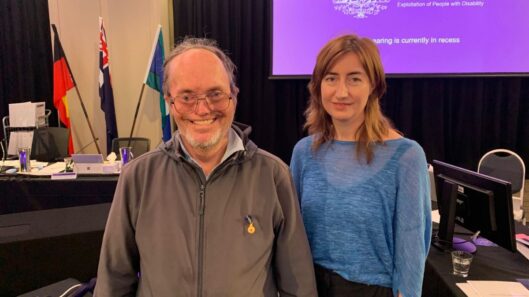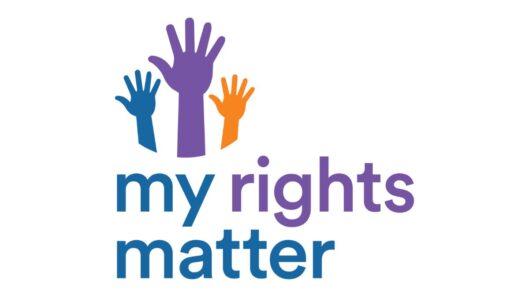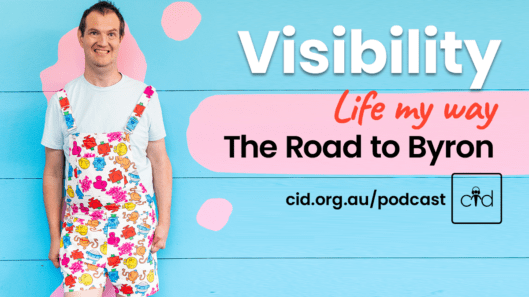Supported Decision Making
Supported decision making is when someone helps you make more of your own decisions.
This video shows how people with intellectual disability should be supported when making decisions.
What CID thinks about supported decision making
People make decisions every day. Sometimes decisions are big or small. Sometimes making a decision can feel easy or hard.
Everyone needs support to make decisions. Support can come from family, friends, professionals or other people in the community.
Support can also come from the way that we do things. This can be giving plenty of time for making decisions or having information in Easy Read.
Supported decision making is important because it is about what people want, need and choose for their own life.
To learn more
- Read our position statement on supported decision making and guardianship law
- Read our Easy Read supported decision making framework for decision makers
- Read our supported decision making framework for decision supporters.
What we are doing
CID believes that everyone has the right to make their own decisions.
Advocacy
We advocate for changes to guardianship law so that people under guardianship have their needs and wishes respected.
Young Leaders with Intellectual Disability
The Young Leaders with Intellectual Disability project supports young people with intellectual disability as they finish school and begin their adult lives.
We work with young people with intellectual disability to
- Be leaders
- Learn self-determination skills
- Do career planning
- Do post-school vision planning.
This project is funded by the Australian Government Department of Social Services.
I Can Decide in My Language
We will make supported decision making resources in different languages.
We will work with community groups who speak different languages. This is called culturally and linguistically diverse communities (CALD).
We are working on this project together with VALID in Victoria.
This project is funded by the Australian Government Department of Social Services.



 1800 424 065
1800 424 065 

















